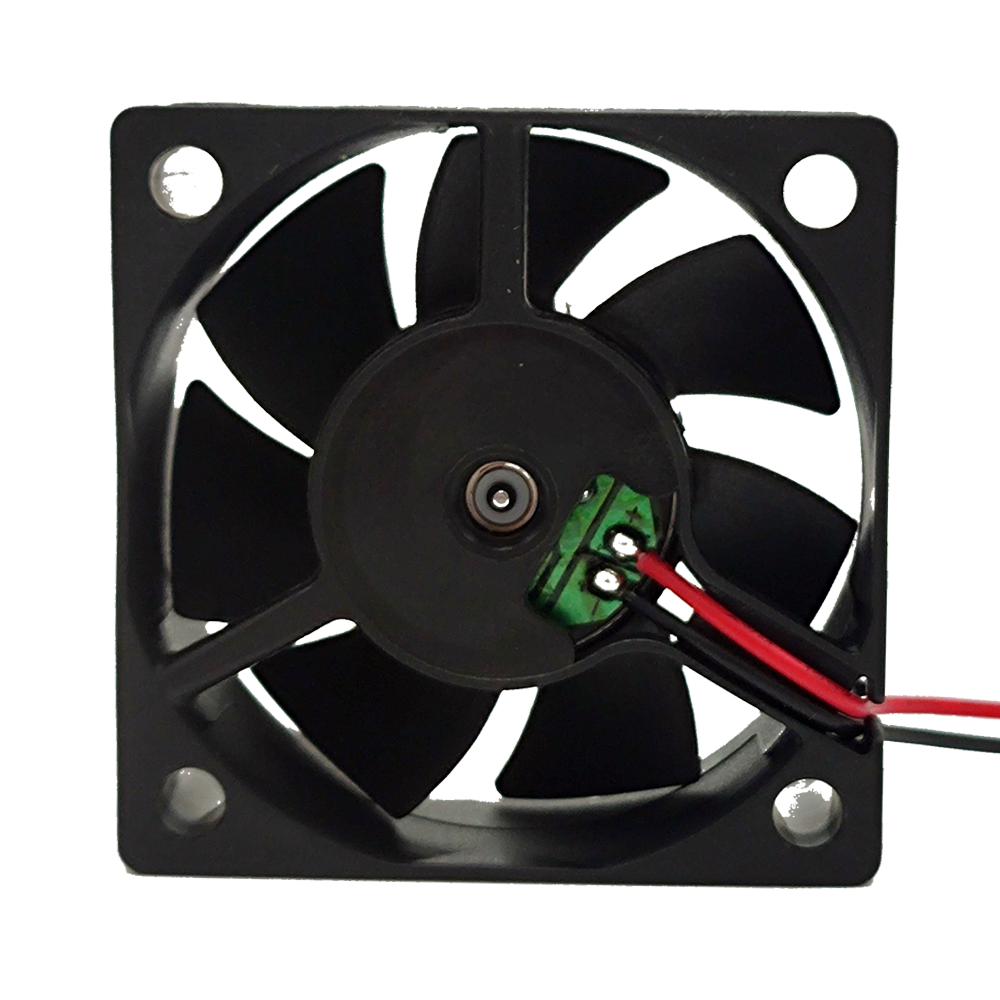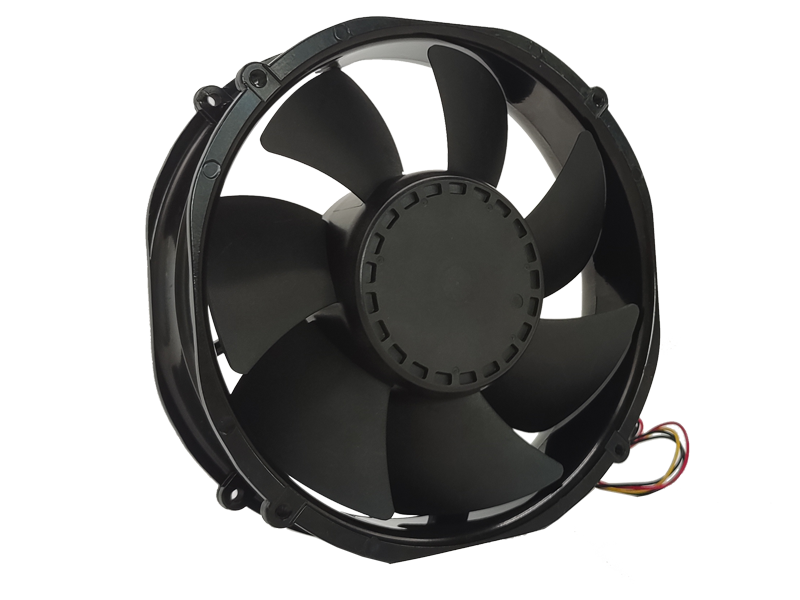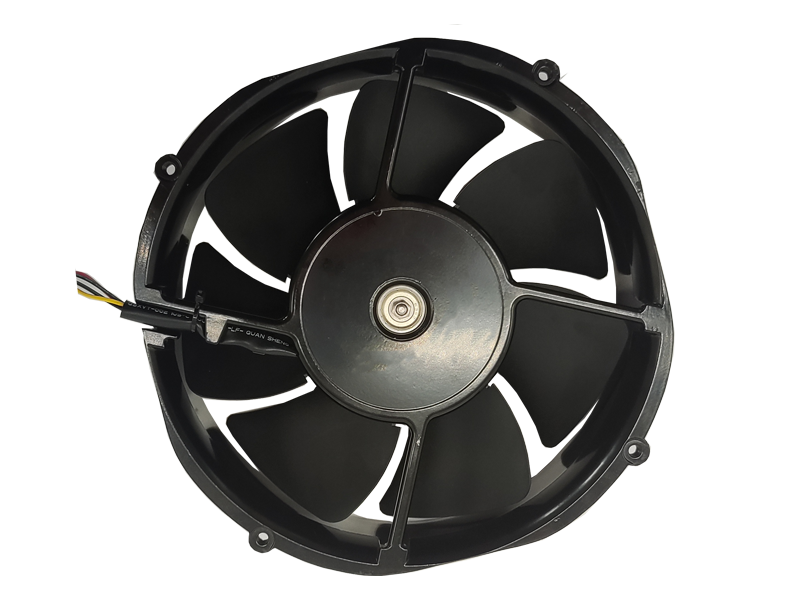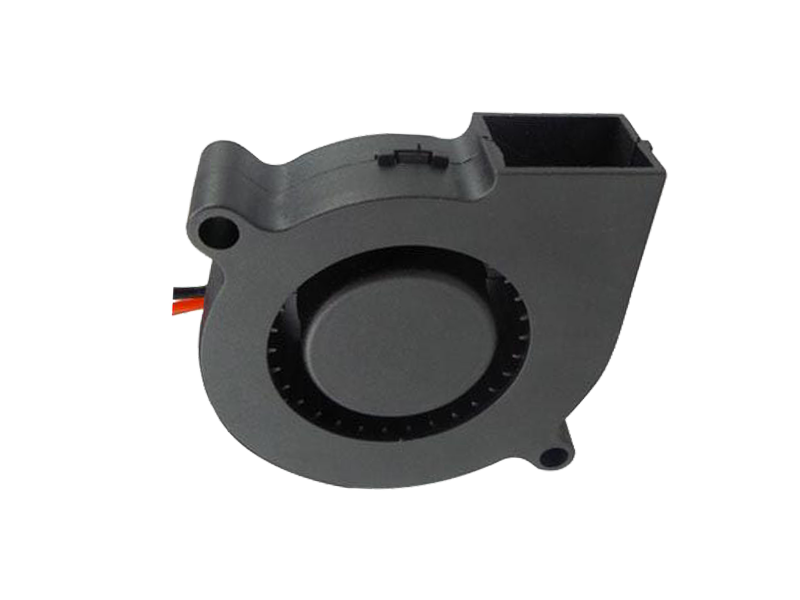In the modern manufacturing industry, efficiency and sustainability are top priorities. Companies are under increasing pressure to reduce costs, improve productivity, and minimize their environmental footprint. Industrial fans, while often taken for granted, play a significant role in achieving these goals. From enhancing production processes to reducing energy consumption, industrial fans are integral to optimizing both performance and sustainability in manufacturing.
In this article, we will explore the pivotal role that industrial fans play in maximizing efficiency and sustainability in manufacturing environments, and how advancements in fan technology are helping industries achieve these goals.
1. Energy Efficiency: The Role of Industrial Fans
Energy consumption is one of the most significant costs for manufacturers. As energy prices continue to rise and environmental regulations become stricter, manufacturers are increasingly looking for ways to reduce their energy consumption while maintaining high productivity levels. Industrial fans, when designed and optimized properly, can contribute significantly to energy savings.
Variable-Speed Drives for Energy Optimization
Traditional industrial fans run at a constant speed, which may not always be necessary depending on the operational needs at any given time. Variable-speed drives (VSDs) allow fans to adjust their speed based on real-time conditions such as temperature, humidity, or airflow requirements. This flexibility allows businesses to use only the energy needed for the task at hand, resulting in substantial energy savings.
Aerodynamic Fan Design
The efficiency of an industrial fan is heavily influenced by its design, particularly the shape and size of the blades. Advances in fan blade technology have led to the development of aerodynamic blades that reduce drag and improve airflow efficiency. These blades are designed to move air more effectively, requiring less power and reducing overall energy consumption. In addition, modern fans are made from lightweight, durable materials, further enhancing their energy efficiency.
Heat Recovery and Integration with Other Systems
Industrial fans can also be integrated into heat recovery systems to further enhance energy efficiency. For example, heat exchangers can use the warm exhaust air produced by manufacturing processes to pre-heat incoming fresh air, reducing the need for additional heating energy. By recovering and reusing energy that would otherwise be wasted, manufacturers can further reduce their reliance on external energy sources and improve their overall sustainability.
2. Improved Productivity through Enhanced Airflow and Cooling
Beyond energy savings, industrial fans play a key role in improving productivity. Effective airflow and cooling systems can boost the performance of machinery, prevent overheating, and maintain optimal operating conditions.
Preventing Overheating of Equipment
Manufacturing equipment, particularly high-performance machinery, generates substantial heat during operation. Without proper cooling, these machines can overheat, leading to reduced efficiency, breakdowns, and expensive repairs. Industrial fans help prevent this by circulating air around sensitive components, ensuring they remain within their optimal operating temperature range.
Enhancing Worker Comfort and Safety
Workers in high-temperature environments or poorly ventilated spaces are more likely to suffer from fatigue, heatstroke, and other health-related issues. By improving air circulation and temperature control, industrial fans help create a more comfortable and safe working environment. This not only improves worker productivity but also reduces the risk of work-related injuries and illnesses.

3. Sustainability: Reducing Environmental Impact with Industrial Fans
Manufacturers today face increasing pressure to adopt sustainable practices and reduce their environmental footprint. Industrial fans are an essential component of these efforts, helping businesses improve energy efficiency, reduce waste, and meet environmental regulations.
Reduced Carbon Emissions through Energy Savings
By reducing the energy consumption of industrial fans, manufacturers can lower their overall carbon emissions. Energy-efficient fans that use less power contribute to a reduction in greenhouse gas emissions, aligning with corporate sustainability goals and regulatory requirements. Many industries, especially those in energy-intensive sectors like steel or cement production, can benefit from these energy-saving measures.
Compliance with Environmental Regulations
Industrial fans also contribute to environmental sustainability by helping manufacturers comply with air quality regulations. Ventilation and exhaust fans are crucial for removing pollutants, dust, fumes, and other contaminants from the air, preventing them from accumulating in the workplace or being released into the atmosphere. This ensures that manufacturers remain compliant with air quality standards and avoid penalties for exceeding pollution limits.
Conclusion
Industrial fans play a critical role in optimizing manufacturing processes, improving energy efficiency, and ensuring sustainability. With advancements in fan technology, such as variable-speed drives, aerodynamic blades, and heat recovery systems, manufacturers are able to reduce energy consumption, improve productivity, and meet environmental regulations. By investing in high-efficiency industrial fans, manufacturers can not only enhance their operational efficiency but also contribute to a greener, more sustainable future for the industry.
Recommended Products

The main purpose:Car charging station

The main purpose:Car charging station

The main purpose:Electronic refrigerators, water dispensers, direct drinking machines, inverter power supplies
Address:No. 4137, Longgang Avenue (Henggang Section), Henggang Community, Henggang Street, Longgang District, Shenzhen
hotline:13530005572(Chen)15112579390(Li)


Welcome all friends to come for consultation and negotiation.
Copyright 2024 @ Shenzhen Youneng Xinyuan Electronics Co., Ltd.,(industrial fans,industrial blowers,axial fans,cooling fans manufacturer,centrifugal fans,ac cooling fans,dc cooling fans)